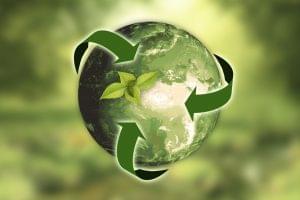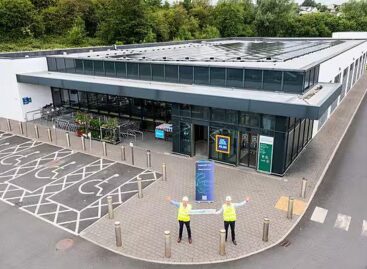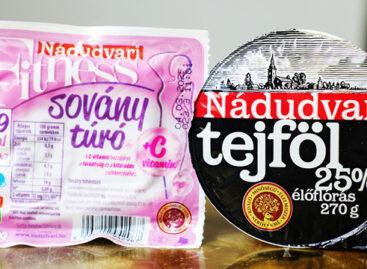A circular economy can stop the loss of biodiversity
Today, more than 90% of the loss of biodiversity is the result of the extraction and processing of natural resources. 1 million species are at risk of extinction by 2050. More than half of the world’s total GDP is highly dependent on nature and its services. The circular economy and biodiversity are closely interrelated. This key message was the focus of the fifth Circular Economy Summit held on November 24, 2022, with nearly 150 people in attendance.

(Photo: Pixabay)
The world’s economy is still only 8.6% circular, which is significantly below the potential, even though the circular economy offers a complex system and effective tools for the world’s most pressing challenges, including the preservation and restoration of biodiversity. In addition to the presentation of numerous examples of companies and start-ups, the largest annual domestic event created with the support of ING Bank also provided an overview of international processes. The Circular Economy Platform, which was founded at the initiative of the Hungarian Business Council for Sustainable Development (BCSDH), the Dutch Embassy and the Ministry of Innovation and Technology at the time, now has 97 members. Its members highlighted knowledge sharing, collaboration and immediate action as the most important tasks.
The responsibility of the linear economy is unquestionable
More than 90% of the loss of biodiversity is due to the extraction and processing of natural resources. In the last decade, 70% more raw materials have been extracted than the Earth can safely replace. The connection between biodiversity and material management is clear, the circular economy, as a system-level change, can itself play a role in curbing the decline of biological diversity and can also create tangible opportunities for businesses.
“Companies must be at the forefront of systemic changes. Those who act earlier will apparently suffer less from external effects, such as rising energy prices, shortages of raw materials or disruptions in supply chains. One of the most important tools for achieving climate-neutral operation is the spread of the circular economy, which the leading companies have already recognized, and according to this year’s ‘Towards Net Zero’ research, the use of circular solutions is increasingly coming to the fore. For the time being, most of these solutions appear as new business opportunities in addition to their existing “material-intensive” processes. But the goal would be to replace them more and more, as this can only reduce the increase in the use of natural resources.” Attila Chikán Jr., president of BCSDH, said in his speech.
Hungary currently does not manage its natural resources well
Circularity is still a long way off, but it is encouraging that, just as in Europe, the legislative process has begun in Hungary, which already deals with the issue of the circular economy. These are important steps to ensure that the further development of Hungary does not take place at the expense of our natural resources. He reported on the journey he had made so far. Tamás Rentz is the head of the Department of Sustainability and Attitude Formation of the Ministry of Technology and Industry. The transition to a circular economy is today’s big business opportunity. The essence of the concept is not yet deeply understood by most economic actors, although the flexibility of the economy can be increased by applying this model, and the achievement of the Paris Agreement on climate change and the UN’s Sustainable Development Goals will also become easier. The circular economy can represent a business opportunity of 4.5 trillion USD worldwide by 2030.
“Sustainability is a central element of ING Bank’s strategy. We consider the transition to a circular economy essential in order to prevent climate change, and financial institutions have a responsibility to be the engines of the process, since we, the banks, can provide financing for the transition.” – added Tibor Bodor, CEO of ING Bank as the host of the event.
Related news
Corporate leaders’ commitment to sustainability at record level
According to the latest data from the K&H Sustainability Index,…
Read more >Aldi Ireland Announces €5m Investment In Green Energy Solutions
Aldi Ireland has announced a €5 million investment in green,…
Read more >Tradition and innovation: this is how Nádudvari stays competitive in the food market
In today’s food market, it is not enough to simply…
Read more >Related news
Corporate leaders’ commitment to sustainability at record level
According to the latest data from the K&H Sustainability Index,…
Read more >FAO food price index rose slightly in June due to higher prices of meat, dairy products and vegetable oils
The Food and Agriculture Organization of the United Nations (FAO)…
Read more >What can cause the price of a wine to increase tenfold?
There are fewer of them worldwide than the number of…
Read more >





